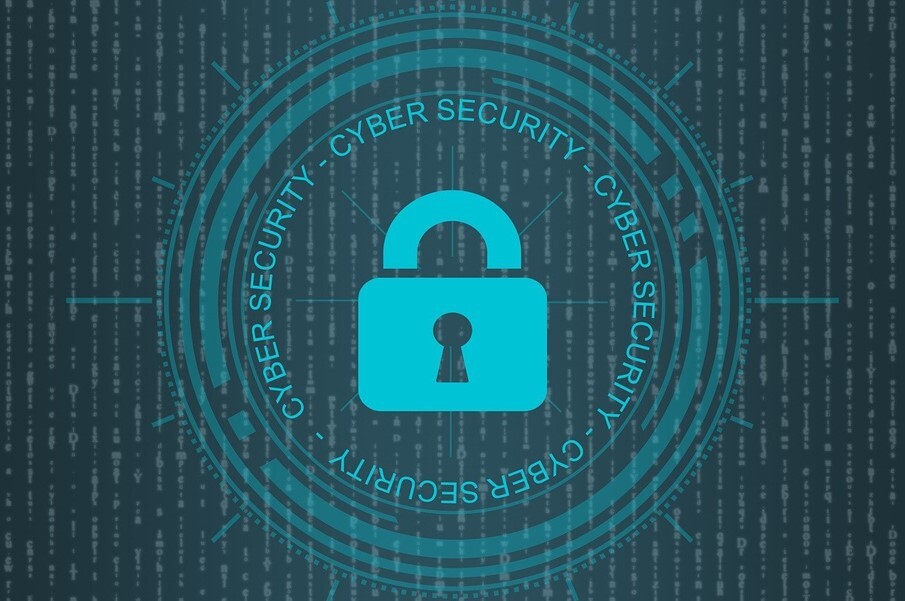
Cybersecurity threats are no longer limited to hackers on the outside. Many of the most costly security incidents begin within an organization through compromised credentials, excessive access, human error, or intentional misuse. As Boise businesses continue to adopt cloud platforms, remote work, and digital collaboration tools, internal security has become just as important as external protection.







